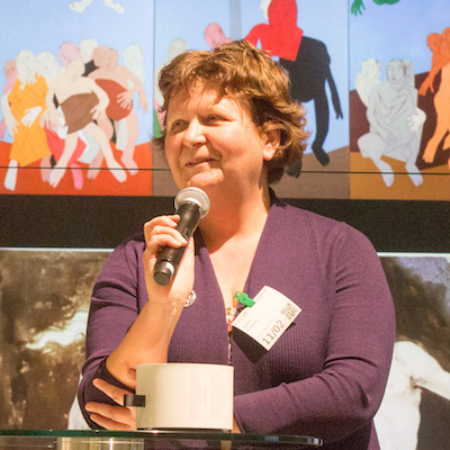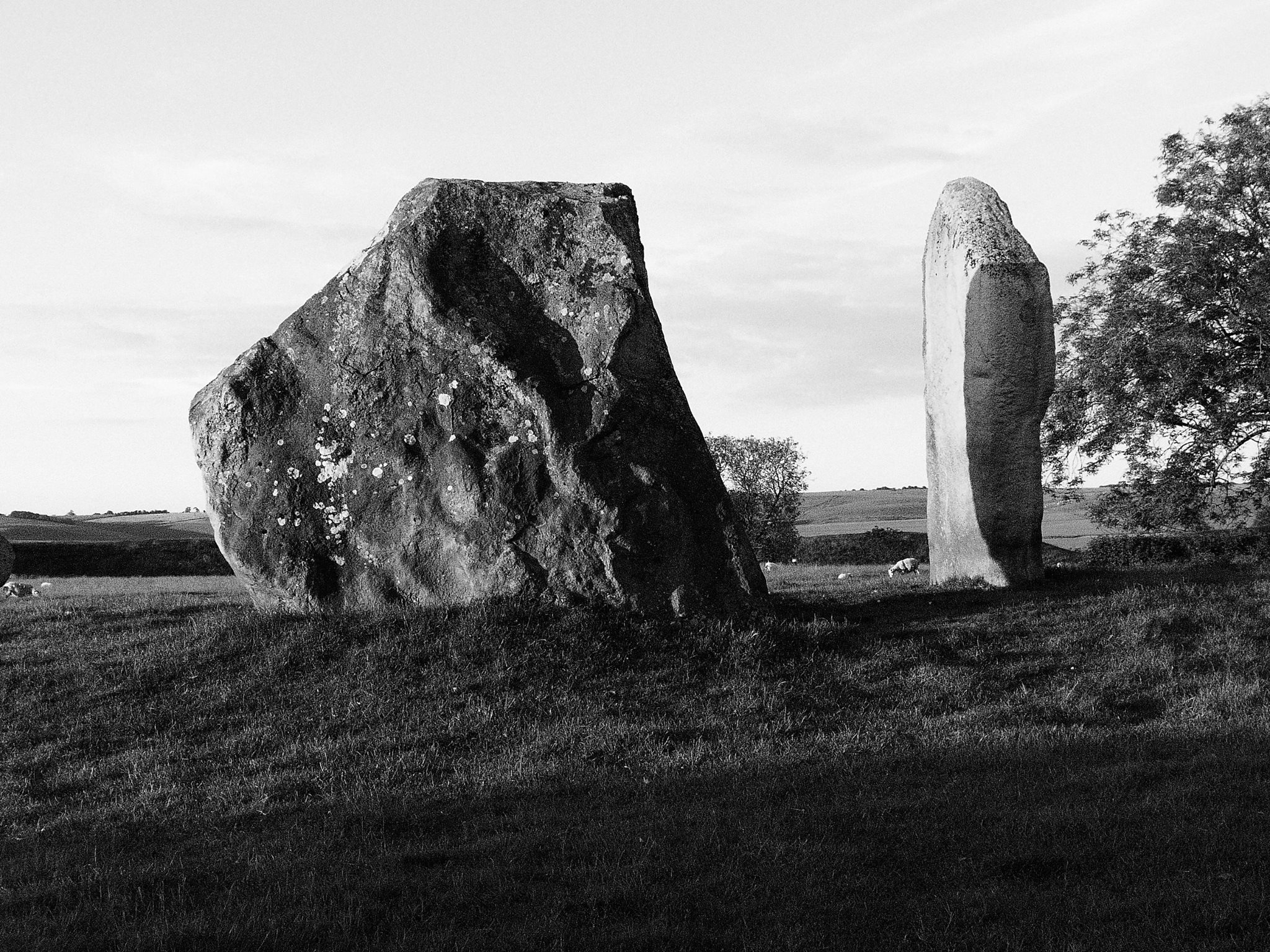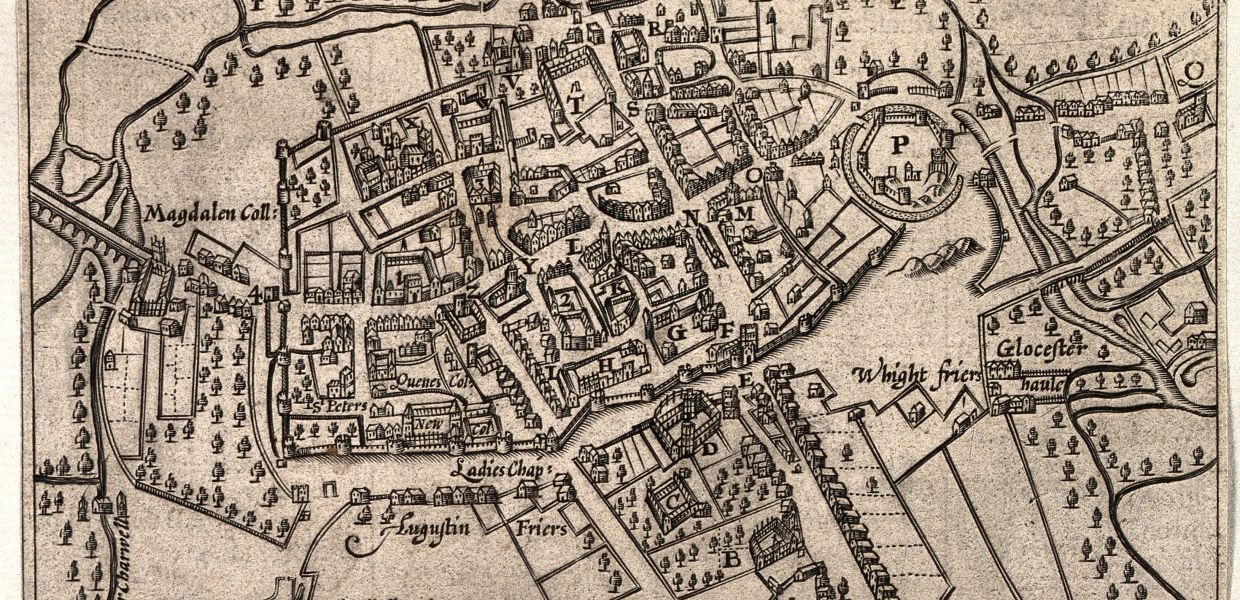Meet the Members Council: Kate Fernie and her vision to ‘build’
When we spoke to Europeana Network Association (ENA) member Kate Fernie, her background in archaeology became abundantly clear in her vision and role with the ENA. From her love of archives and passion to explore, uncover and build, Kate believes in looking to the past to offer insights into building for the future.
A background in archaeology, archives and digital culture
Kate’s background in archaeology is complemented by experience in working with museums, digital libraries, digital preservation and the online cultural heritage. She has followed Europeana from its earliest days participating in a series of projects (CARARE, LoCloud and 3D-ICONS) that have delivered content and developed technologies to assist people - largely curators, researchers, designers and planners - to manage and access information and content that fall within her specialist knowledge. This kind of content includes archeological monuments, architecturally important buildings, historic town centres and industrial monuments of heritage. For Kate, allowing people access to this kind of information allows them to gain insights into how the designing process has evolved, and further, to build on our historic foundations.

Kate Fernie speaking at the EuropeanaTech Conference, 2015, CC BY-SA.
Her relationship with Europeana and its community also goes back a way. Kate is a regular participant at ENA meetings and events, including the aggregator forum and EuropeanaTech. She has spoken about the experience of providing metadata to Europeana and mapping to the Europeana Data Model (EDM). EuropeanaTech 2015, Kate gave a joint presentation with Valentine Charles about mapping the CARARE metadata schema to EDM and in the panel discussion that followed, she contributed to the discussion on the process of building on EDM. Further, she participates in Task Forces on metadata quality and on governance of EDM.
A vision for building the community
The concept of community building is important for Kate; whether it is her community of metadata specialists or the network of people and organisations interested in digital culture. Her current role as operations manager for the CARARE association (a non-profit organisation which supports people and organisations with an interest in digital archaeology and architectural heritage) involves offering practical support, training and networking opportunities for members, and promotes the use and reuse of digital content.
For Kate, and like most archaeologists, she places importance on the promotion of understanding and appreciating the past. In doing so, this encourages the sustainable use of past monuments by contemporary society. These underpin her aims for Europeana and her participation in the network. Her vision involves enabling the reuse of content, maps, findings, drawings or other materials by researchers, students, in education, tourism and in the creative industries.

Avebury - the Cove | 2014 | Kate Fernie, 2Culture | CC BY
Kate says, ‘I support the development of Europeana as a source for those interested in the building of our towns and cities, archaeological sites and historic landscapes. Through my work with the CARARE network, I would like to encourage examples of reuse of our content for education, research and tourism to be showcased and demonstrated to the whole network community. I will continue to contribute towards work on quality and standards through my work in Europeana Task Forces.’
You hear more from Kate when she is presenting work on the CARARE metadata schema at the European Association of Archaeologists conference in Barcelona this September.
For more information about these activities and how to get involved, visit the Europeana Network Association.

